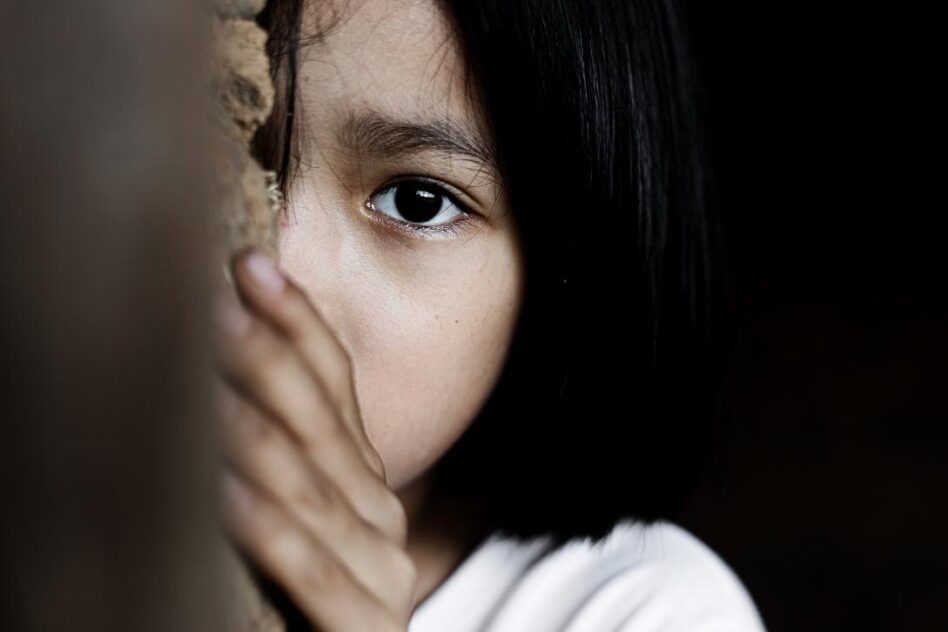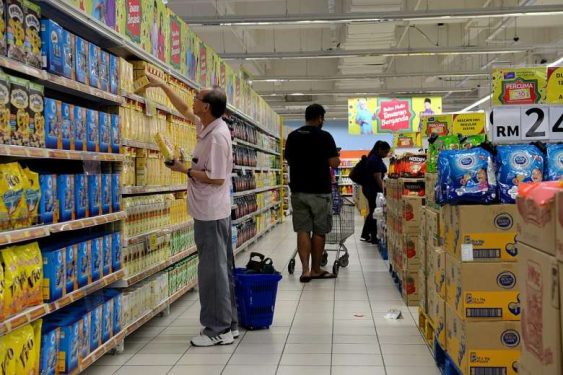AMID the Control of Smoking Products for Public Health Act 2024 (Act 852) which came into effect from Oct 1, punitive regulations such as the planned display ban must be given serious reconsideration since it will hit retailers the hardest.
However, given the sensitivity of the implication of Act 852, the full effect of the new legislation and regulations will only kick in upon the expiration of the grace period to allow time for industries to transition and adapt to the new law.
“The new legal framework and regulations that will govern and control what is sold in the market, including the display ban on all smoking products, requires a rethink as it has serious repercussions on businesses and business owners,” said Datametrics Research and Information Centre (DARE) managing director Pankaj Kumar.
Under Regulation 6(1), a retailer or any person shall not display, cause, or permit to be displayed any tobacco product, smoking substance, or substitute tobacco product except at specialised stores; and under Regulation 6(2), notwithstanding Regulation 6(1), the tobacco product, smoking substance or substitute tobacco product displayed in the specialised stores shall not be seen conspicuously outside the store.
In addition, the regulation has also now defined what are “specialised stores”. These are, in essence, any fixed place of business or premise that is licensed by the authority solely to sell tobacco products, smoking substances, or substitute tobacco products.
Pankaj believes these are very harsh rules for product owners as they are now left with two choices.
“Either they sell these products in their own shops, which allows them to display the products, or they can continue to sell in other retail stores but only if retailers do not display these products,” he remarked.
Pankaj further pointed out that it is a lose-lose game because the costs will be on the store owner.

To continue smoking product sales openly, they now would need to invest in a specialised outlet set-up, which can be costly not only in upfront cost but also in monthly rental payments and operating overheads.
And to continue selling their products at multi-category retail stores, where the bulk of smoking products are sold, would imply costs on the retailers instead.
“Irrespective of their chosen path whether to sell their products in specialised shops only or continue current retail options, it is going to incur huge costs even before considering the harsh punishments for violations under Act 852,” he added.
Specialised store
According to DARE, it seems unlikely that current retail outlets involved in selling tobacco products will take the trouble to set up what is now defined as a “specialised store”.
This is because the cost-benefit analysis will likely not be in their favour, Pankaj disclosed, adding that selling these products in the current set-up will be challenging to implement given the strict limitations imposed under Act 852.
“The government ought to re-look at some of these measures as the current legislative requirement for the sale of tobacco products is impossible to implement,” he stressed.
“Worse, the government too will be bogged down with huge responsibility in enforcing the law itself given the depth and breadth of the country where tobacco products are sold.”
Pankaj said the government certainly could better use their resources towards the research of new alternative nicotine products that have evidenced their tobacco harm reduction effectiveness abroad.
“It would also be prudent to investigate multi-agency enforcement efforts that can bring larger and more positive impact to society at large, such as to tackle the prevalence of illicit tobacco sales,” he said. – Nov 20, 2024









